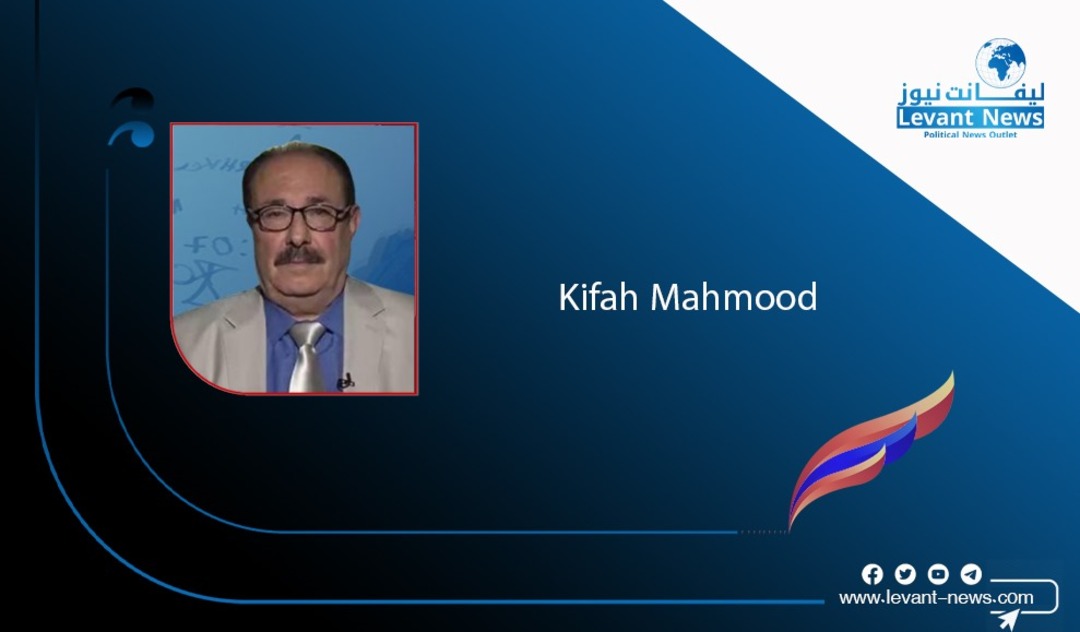-
The Ruling Opposition Between National Loyalty and the Lust for Power Loots

More than twenty years after the U.S. invasion of Iraq and the fall of the former regime, questions continue to resurface about the role played by the Iraqi opposition during this pivotal phase in the country’s history. These forces—comprising political figures, religious, and nationalist currents—presented themselves as the national alternative that would save Iraq from dictatorship and lead it toward democracy and justice. However, the experience that followed the occupation, marked by security chaos, economic decline, sectarian division, and mismanagement, made many wonder: Was the Iraqi opposition truly working for Iraq as a homeland, or was their real goal merely to share war loots and extend influence over the state and its resources?
Background and Motivations of the Opposition Before 2003
Before 2003, the Iraqi opposition—except for the Kurdish factions, which had a long-standing national project—was composed of diverse groups including Shiite and Sunni Islamists, as well as some leftist, liberal, and nationalist factions. These groups unified in their opposition to President Saddam Hussein’s regime, particularly after the severe repression of popular uprisings in the south and Kurdistan, along with the disastrous wars and economic sanctions that drained the Iraqi people and their components. In this context, some opposition factions saw foreign intervention as an opportunity to topple the regime, while others maintained a more cautious stance toward cooperation with the United States. Still, the common factor among them was a pursuit of power, which later materialized in the division of positions and influence after the fall of Baghdad, raising serious questions about the sincerity of their claimed patriotic motives at the time.
From Opposition to Power A Test of Intentions After the Occupation
Following the regime’s fall in April 2003, the Iraqi opposition transitioned from its traditional role as a force outside authority to that of the actual rulers, with direct support from U.S. forces. Rapidly, signs of division and factionalism based on party and sectarian interests emergedparticularly during the formation of the Iraqi Governing Council—reflecting more of a distribution of positions along sectarian and ethnic lines than competency or a national vision. Instead of building a unified civil state institutions, political forces focused on consolidating influence within ministries and security and economic institutions. This approach entrenched corruption and clientelism—not just due to lack of experience but driven by an explicit desire to turn the state into a space for sharing loots. Many of these factions viewed Iraq more as a sphere of influence than a united national project.
Disastrous Outcomes A Weak State and Divided Society
The behavior of the political elite that took power after 2003 led to profound and dangerous consequences for both state and society. State institutions were weakened in favor of partisan and sectarian loyalties, making the administrative and security systems fragile and incapable of meeting citizens’ needs or ensuring stability. Widespread corruption and inefficiency in resource management worsened basic services, increased poverty, and unemployment despite Iraq’s enormous wealth. On the social level, sectarian and ethnic divisions deepened due to policies of quota allocation and narrow loyalties. The rise of influential factions like tribal sheikhs, religious figures, and wealthy elites in decision-making centers created internal conflicts and facilitated the rise of extremist groups like ISIS, further eroding the concept of citizenship and statehood. Consequently, the Iraqi society paid a heavy price for the opposition’s turn into an authority that was unprepared for its challenges, often more concerned with personal interests than the fate of the homeland.
From Rhetoric to Practice Over Two Decades Later
More than two decades after the U.S. invasion and the transformation of the Iraqi opposition into the ruling authority, it appears that the post-2003 political experience has failed to realize Iraqi aspirations for a just and stable state. Instead of building a comprehensive national project, narrow interests and power struggles dominated the scene. The political practice revealed that many of the factions that raised the slogan “Free Iraq” did not possess a genuine vision of state-building but were closer to coalitions seeking new positioning in the post-war scene. The painful question is once again posedand with even greater bitterness:
Was the opposition working for Iraq as a homeland, or merely for dividing war loots? Reality offers a harsh but necessary answer for anyone contemplating the future of this wounded country.
Kifah Mahmud
You May Also Like
Popular Posts
Caricature
opinion
Report
ads
Newsletter
Subscribe to our mailing list to get the new updates!





















